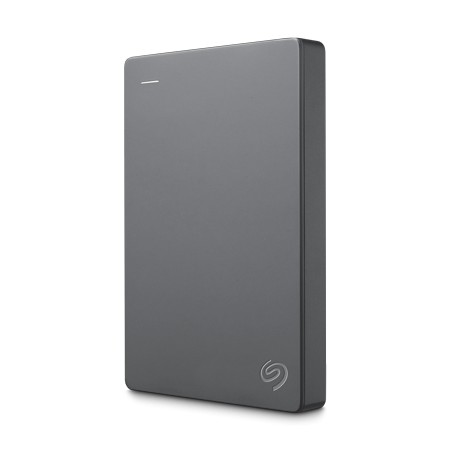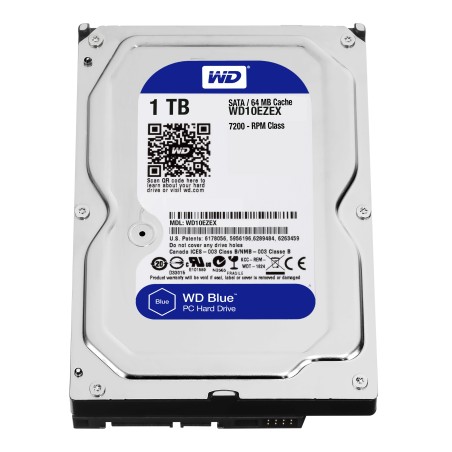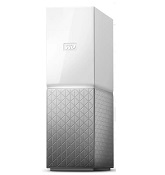Hard Drive Myths Debunked: Separating Fact from Fiction
Introduction
Hard drives, the unsung heroes of our digital lives, have been the subject of countless myths and misconceptions. From their supposed fragility to the impact of external factors on their performance, these myths have often led to unnecessary worries and misconceptions among users. In this article, we will delve into some of the most common hard drive myths and set the record straight.
Myth 1: Hard Drives Are Fragile and Easily Damaged
One of the most persistent myths about hard drives is that they are incredibly fragile and can be easily damaged by physical shocks or vibrations. While it’s true that hard drives contain delicate components, modern drives are designed to withstand a surprising amount of physical stress.
- Shock sensors: Most modern hard drives are equipped with shock sensors that automatically park the read/write heads when they detect sudden movements, protecting the platters from damage.
- Robust enclosures: Hard drive enclosures are designed to absorb shocks and vibrations, providing an additional layer of protection.
However, it’s important to note that while hard drives are more rugged than they used to be, they are still not indestructible. Excessive force or dropping a drive from a significant height can still cause damage.
Myth 2: Demagnetization Can Corrupt Data
Another common myth is that exposing a hard drive to a strong magnetic field, such as a magnet or a speaker, can corrupt the data stored on it. While it’s true that magnetic fields can affect magnetic media, modern hard drives are designed with shielding to protect the data from external magnetic fields.
- Shielding: Hard drives are encased in a metal housing that acts as a Faraday cage, shielding the data from external magnetic fields.
- Error correction: Even if a small amount of data is corrupted by a magnetic field, the drive’s error correction codes can often recover the data.
However, it’s still not advisable to intentionally expose your hard drive to strong magnetic fields. While it’s unlikely to cause significant damage, it’s better to be safe than sorry.
Myth 3: Defragmenting an SSD Improves Performance
Defragmentation is a process that reorganizes files on a hard drive to improve performance. While it was essential for traditional hard drives (HDDs), it’s largely unnecessary for solid-state drives (SSDs).
- SSD architecture: SSDs use a different architecture than HDDs, and their performance is not significantly impacted by file fragmentation.
- Wear leveling: SSDs have a wear leveling mechanism that distributes writes across the entire drive, preventing any single area from wearing out too quickly.
Defragmenting an SSD can actually reduce its lifespan, as it increases the number of write operations.
Myth 4: The Position of a Hard Drive Affects Performance
Some people believe that the physical position of a hard drive within a computer case can affect its performance. While the orientation of a drive can theoretically affect its performance, the difference is negligible in most cases.
- Modern drive design: Modern drives are designed to operate in any orientation.
- Other factors: Factors like the drive’s interface, speed, and cache size have a much greater impact on performance than its physical orientation.
Myth 5: Hard Drives Have a Limited Lifespan
Hard drives do have a limited lifespan, but it’s often much longer than people think. With proper care and maintenance, a hard drive can last for many years.
- MTBF: The mean time between failures (MTBF) is a measure of a drive’s reliability. Modern drives have MTBFs of millions of hours.
- Factors affecting lifespan: Factors that can affect a drive’s lifespan include temperature, vibration, and the number of write operations.
Conclusion
While there are many myths surrounding hard drives, the truth is that they are more reliable and robust than ever before. By understanding the facts and debunking common misconceptions, you can make more informed decisions about your storage needs and ensure that your data is safe and secure.
Remember, while technology continues to evolve, it’s important to base your decisions on facts rather than myths. By understanding the fundamentals of hard drive technology, you can make informed choices that will serve you well for years to come.



